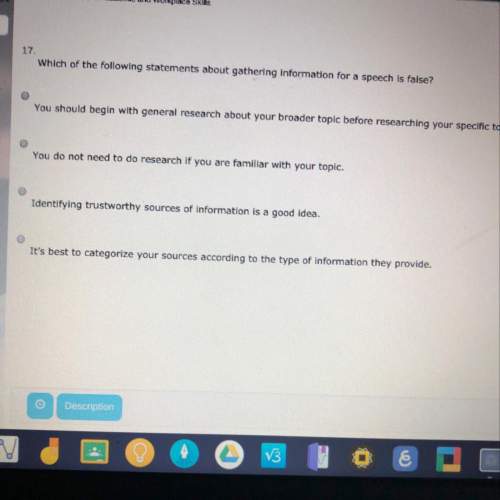
English, 04.06.2020 19:02 jakijakicarrillo12
Are there any questions here?
We use the past tense to talk about:
• something that happened once in the past:
I met my wife in 1983.
We went to Spain for our holidays.
They got home very late last night.
• something that happened several times in the past:
When I was a boy, I walked a mile to school every day.
We swam a lot while we were on holiday.
They always enjoyed visiting their friends.
• something that was true for some time in the past:
I lived abroad for ten years.
He enjoyed being a student.
She played a lot of tennis when she was younger.
• we often use expressions with ago with the past simple:
I met my wife a long time ago.
Past simple 1
Past simple 2
Past simple questions and negatives
We use did to make questions with the past simple:
Did she play tennis when she was younger?
Did you live abroad?
When did you meet your wife?
Where did you go for your holidays?
But questions with who often don't use did:
Who discovered penicillin?
Who wrote Don Quixote?
Past simple questions 1
Past simple questions 2
We use didn't (did not) to make negatives with the past simple:
They didn't go to Spain this year.
We didn't get home until very late last night.
I didn't see you yesterday.
Past simple negatives 1

Answers: 3


Other questions on the subject: English



You know the right answer?
Are there any questions here?
We use the past tense to talk about:
• something that happened...
• something that happened...
Questions in other subjects:







Social Studies, 01.10.2019 03:20






